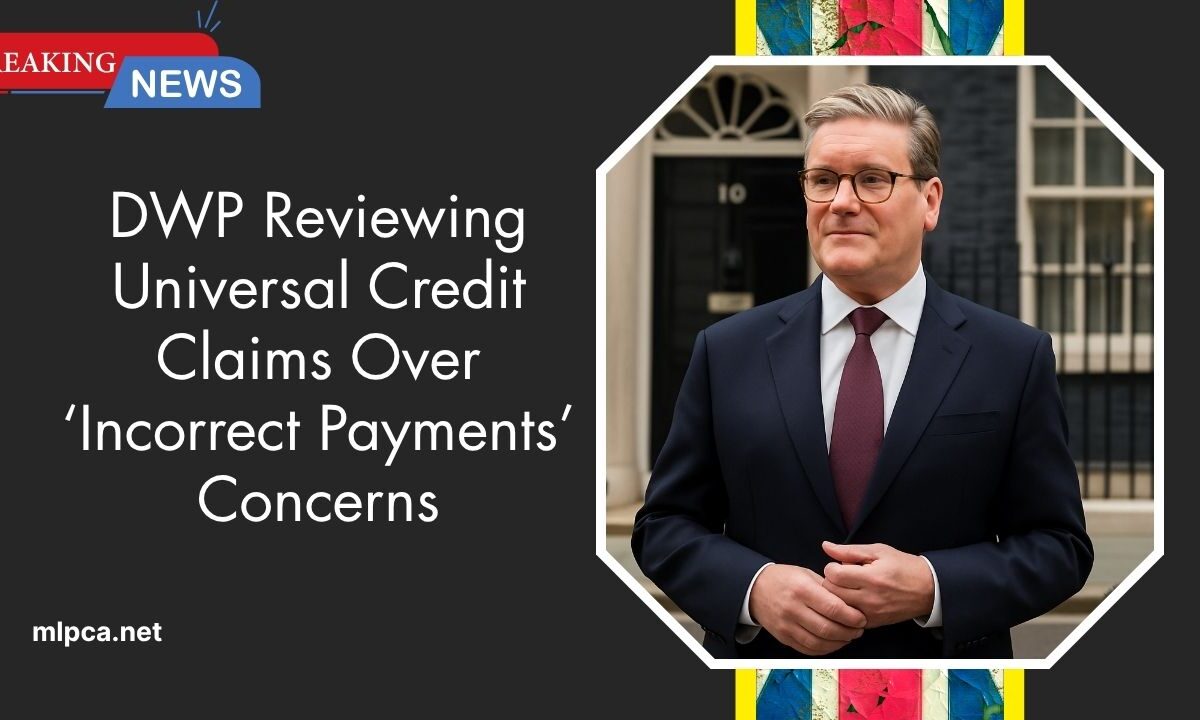A major shift in how the Department for Work and Pensions (DWP) handles benefit payments is set to protect thousands of UK residents from falling into unnecessary debt.
The department has stopped over £1 billion in incorrect Universal Credit disbursements, a move aimed at reducing financial errors and safeguarding recipients.
Crackdown on Errors and Overpayments Begins
Since the Labour Government took office in the summer of 2024, efforts to review and correct benefit claims have intensified. More than one million cases have undergone re-evaluation as part of a growing initiative to reduce incorrect benefit payments that might otherwise leave recipients in debt.
Originally initiated by the previous Tory administration in 2022, the Targeted Case Review (TCR) was introduced to identify discrepancies in Universal Credit claims. In its first year alone, around 25,000 claims were reviewed.
DWP Expands Workforce to Improve Accuracy
Starting July 2024, the DWP expanded its Universal Credit review team to include 6,000 members, dramatically accelerating the number of claims examined.
This increase in manpower enabled the department to recheck over one million existing claims, correcting errors and avoiding overpayments that could have led to debt accumulation. The savings from this effort have already reached £1 billion.
With staffing targets now achieved, the department is ready to boost review rates even further. The DWP projects that this expanded team will help prevent an estimated £13.6 billion in overpayments by 2030.
Aiming for Fairness and Fraud Prevention
According to Andrew Western, Minister for Transformation, the staffing surge was essential for hitting this ambitious goal. He stated that the initiative not only addresses overpayments but also ensures that individuals who were underpaid receive the correct amount.
“We will not tolerate fraud, error or waste and are committed to safeguarding taxpayers’ money so it can be invested in public services,” Western affirmed.
How Targeted Case Review Works
The Targeted Case Review team serves several purposes:
- Identifying unreported changes in a claimant’s circumstances.
- Preventing claimants from unknowingly falling into debt.
- Rectifying underpayments or overpayments.
- Referring suspected fraud cases for further investigation.
To verify benefit eligibility, the DWP contacts individuals via their Universal Credit online accounts, requesting proof of identity and supporting documentation.
What’s Next for Universal Credit Reviews?
The Labour Government has pledged in its Autumn Budget to extend the Targeted Case Review initiative for another two years. This continuation aims to address errors before they enter the system—offering long-term cost savings and a more reliable benefit process.
Additionally, under the Public Authorities (Fraud, Error and Recovery) Bill, the government aims to further reduce fraud and error within the welfare system.
The DWP emphasized that this program aligns with its broader goal of helping people become less dependent on government support and driving economic productivity as part of its Plan for Change.
The DWP’s decision to freeze £1 billion in incorrect Universal Credit payments marks a significant stride toward a more accurate and efficient welfare system.
With a bolstered review team, a strengthened policy framework, and ongoing government backing, the initiative is on track to save the UK billions and ensure claimants receive exactly what they are owed—no more, no less.
As the system evolves, those receiving support can expect greater transparency, fairness, and financial stability.
FAQs
Why did the DWP freeze £1 billion in Universal Credit payments?
The DWP paused these payments to prevent incorrect disbursements, reduce future debt for claimants, and eliminate fraudulent or erroneous claims.
What is the Targeted Case Review team responsible for?
The TCR team reviews existing claims to detect errors, verify eligibility, recover overpayments, and refer suspicious claims for fraud investigation.
How will the DWP changes benefit claimants?
These efforts ensure that eligible individuals receive accurate payments, prevent future debt, and correct any underpayments that may have occurred.
